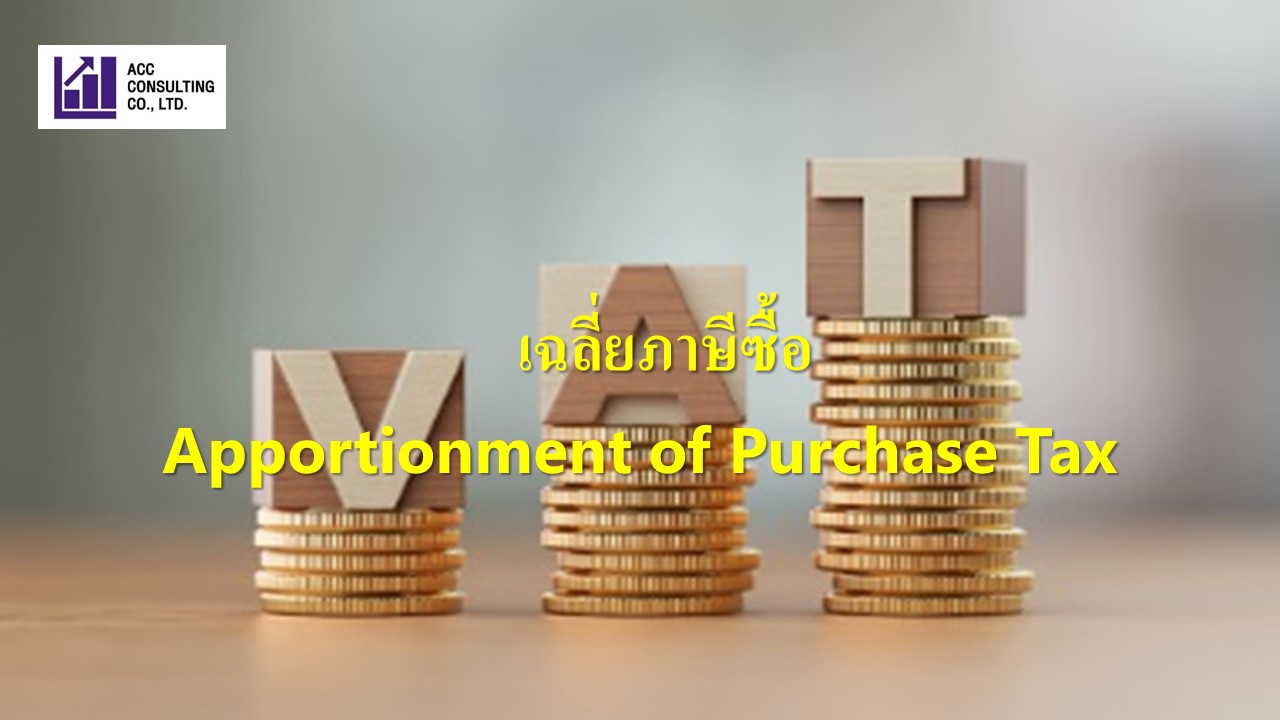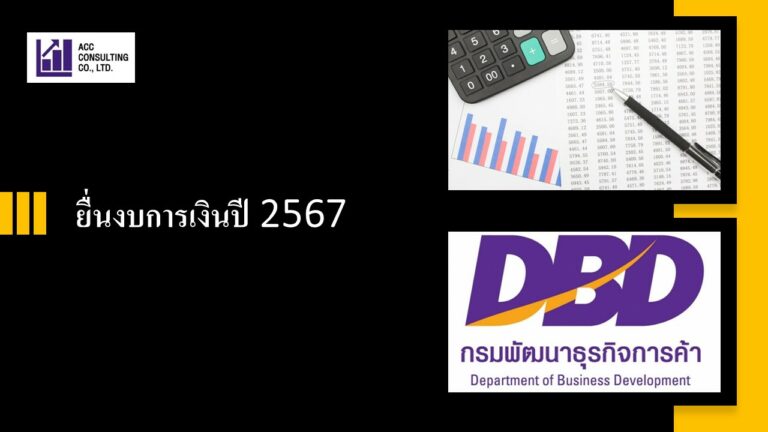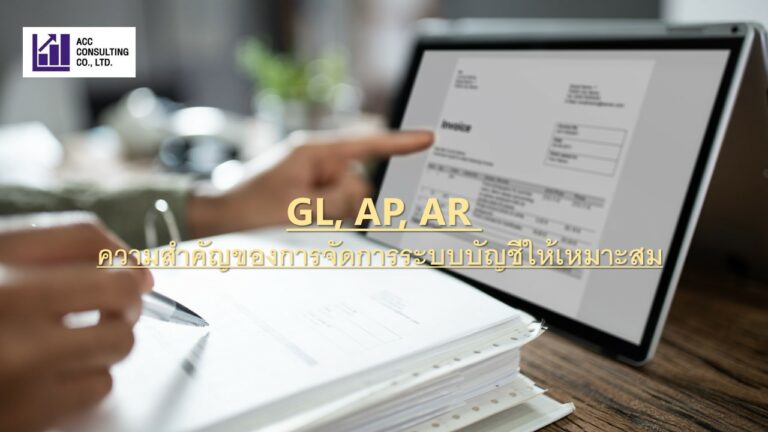What is Apportionment of Purchase Tax ?
The apportionment of purchase tax for business owners who are registered for Value Added Tax (VAT) and engage in both VAT and non-VAT activities, which involves purchase taxes incurred from acquiring goods or services used for their own business operations or for use in both VAT and non-VAT activities, where it is not possible to clearly distinguish their usage in the respective activities.
Why do we need to Apportionment of Purchase Tax
When a business owner registered for Value Added Tax (VAT) conducts operations in both VAT-taxable and non-VAT-taxable categories, without the clear ability to differentiate whether the goods or services they use fall under VAT-taxable or non-VAT-taxable categories, they must apportion the purchase tax incurred based on the proportion of their own business activities where they apply the right to claim VAT. If they do not apportion the purchase tax, the entire amount of that purchase tax is considered ‘prohibited tax.’ This means that the business owner is obligated to pay that specific purchase tax, irrespective of whether the goods or services are used in both types of business activities. In all cases, even if it is not possible to distinguish whether the goods or services are VAT or non-VAT related.
Section 82/6 Apportionment of Purchase Tax
In cases where a business operator is registered for both VAT and NOT VAT categories and the business operator has used or intends to use goods or services acquired or received for their business operations or for both categories, the registered business operator shall apportion the purchase tax that will be deducted from the sales tax in calculating Value Added Tax according to Section 82/3.
Which businesses are required to Apportion Purchase Tax ?
The need to ‘apportion purchase tax’ may depend on the nature and usage of goods or services within each specific business. The following are examples of situations where apportioning purchase tax may be necessary:
- Construction contracting business (VAT) + Real estate leasing business (NON VAT)
- Real estate leasing business (NON VAT) + Various service provision (VAT)
- Agricultural crop sales business (NON VAT) + Agricultural crop export business (VAT)
How is Purchase Tax Apportioned ?
Apportioning purchase tax according to Section 82/6 of the Thai Revenue Code and the announcement by the Director-General of the Revenue Department regarding Value Added Tax (Version 29) sets forth conditions and criteria for accurate purchase tax apportionment as follows:
General or Income-based Apportionment of Purchase Tax:
- Estimate the proportion of income generated throughout the year from both VAT-taxable and non-VAT-taxable business activities.
- Use this proportion to apportion the purchase tax according to the proportions that occur with both VAT and non-VAT.
Apportionment of Purchase Tax from Building Construction:
- Estimate the proportion of building space used between VAT-taxable and non-VAT-taxable business activities.
- Use this proportion to apportion the purchase tax according to the proportions that occur with both VAT and non-VAT.
Apportionment of Purchase Tax According to Criteria Set by the Director-General:
- If it is not possible to use income or proportional criteria, the Director-General of the Revenue Department has the authority to establish suitable criteria for apportioning purchase tax.
- Businesses must adhere to the criteria set by the Director-General (Clause 5 (7) of the announcement by the Director-General regarding Value Added Tax (Version 29)).
The challenges of Apportioning Purchase Tax
Apportioning purchase tax can be challenging, as the criteria for apportionment are relatively complex. Business owners who are required to apportion purchase tax must exercise caution to avoid errors, as mistakes can lead to penalties and additional payments. Some common problems that arise when apportioning purchase tax include:
Estimating income for businesses that have just started or have no income from the previous year: In such cases, business owners need to estimate the income for the upcoming year to apportion purchase tax. However, they are only eligible for a tax credit of up to half of the purchase tax to be apportioned. This can lead to issues when business owners overestimate their income, resulting in excess purchase tax being reported and, subsequently, penalties and additional payments.
Using the wrong income base for apportionment: The income base for apportioning purchase tax is defined under Section 79 of the VAT Act and includes specific and exempt business income that needs to be reported on forms such as P.P.30 or P.T.40. Business owners sometimes mistakenly use the income base for calculating corporate income tax (P.N.D.50) instead.
Apportioning tax for construction activities: Apportioning purchase tax for construction activities, especially when determining which parts of a building are used for VAT-liable activities and which are not, can be challenging. It requires a clear separation of areas within the building in accordance with the Revenue Department’s guidelines.





